State Succession under International Law
Introduction
State succession in international law is a complex and challenging topic. Since World War II, it has become increasingly important, especially with the emergence of over 100 new states due to decolonization. Even though state succession law remains uncodified, there is a growing consensus among scholars that states should work to manage legal relationships at all levels.
Because there is no specific codified law governing state succession, it remains a complex and multifaceted issue. This topic involves various concerns, including the rights and duties of the new state, the nationality of the people, and matters related to property, treaties, international organizations, and the debts of the successor state.
Historical Background
Before the 20th century, the global political landscape was vastly different. Governments operated under different methods, and rules and regulations varied. The era of kings and kingdoms saw frequent annexations, with no established rules or treaties governing relations between states. One kingdom would often dominate another through power, leading to the continuous formation of new states. This instability resulted in problems such as constantly changing rules, issues of nationality, and shifting political and economic agendas.
Today, as we live in a more organized global society, it is crucial to have structured rules to regulate political and legal relationships between states.
Role of the UN in Regulating State Succession
The United Nations, as an intergovernmental organization, is responsible for maintaining peace and security among states. While the International Law Commission (ILC) oversees matters related to state succession, it has not successfully codified laws governing these issues. However, the UN has established certain guidelines to be followed when a new state comes into existence. These guidelines aim to maintain peace and harmony and address the challenges that arise from the formation of new states, such as internal rights and duties and external issues like membership in international organizations, as well as handling debts and credits.
State succession is defined as "the replacement of one state by another in the responsibility for the international relations of a territory," according to Article 2(1)(b) of the Vienna Convention, 1978. In simpler terms, it occurs when a state loses control over all or part of its territory, leading to the formation of one or more new states and the establishment of their relationships with other international states.
The original state is referred to as the "predecessor state," while the newly formed state is known as the "successor state."
Types of State Succession
Partial Succession
This occurs when one or more new states are formed from the predecessor state, while the predecessor state continues to exist.
Examples:
- The separation of India from British rule.
- The separation of Pakistan from India.
- The separation of Bangladesh from Pakistan.
Universal Succession
This happens when the predecessor state is completely dissolved and disappears, and one or several successor states are formed from it.
Examples:
- The dissolution of Czechoslovakia.
- The division of the USSR.
Theory of State Succession
Universal Succession/Popular Continuity Theory
These two theories are essentially the same and represent the oldest form of succession theory, introduced by Grotius, Fiore, and Fradie. According to this theory, the rights and duties of the predecessor state are automatically transferred to the successor state without any changes or interruptions. However, these theories have faced criticism for their reliance on Roman law analogies and for providing an unclear explanation of state succession.
Organic Substitution Theory
Supported by scholars like Von Gierke and Max Huber, this theory suggests that the newly formed state continues with the existing rules and regulations of the predecessor state without any modifications. Despite this, the theory has been criticized for its impractical application.
Self-Abnegation Theory
Advocated by Jellinek in 1900, this theory is considered a variation of the universal continuity theory. It argues that the successor state morally agrees to adhere to international law and uphold the obligations of the predecessor state towards other states.
Negative Theory
Established in the mid-19th century, this theory posits that the successor state is entirely free from the rights and obligations of the predecessor state. The successor state has the liberty to establish its own rules, regulations, political, economic, and social laws, and to create its own international relations.
Communist Theory
This theory asserts that the successor state is bound by certain rules, regulations, internal treaties, debts, and obligations inherited from the predecessor state. It stands in direct opposition to the negative theory. When a successor state comes into existence, it is obligated to address issues such as debt repayment, agreements related to war and peace, and treaties.
Matters of State Succession
Treaties
The Vienna Convention on State Succession in Respect of Treaties (1978) addresses laws related to treaties between states. A key issue is whether a newly formed state is bound by treaties signed by its predecessor. A customary principle has evolved, stating that boundary treaties are binding on the successor state and cannot be altered. Regarding human rights treaties, it is generally accepted that the successor state is not automatically bound and has the discretion to decide whether to continue with the treaty. Similarly, other international treaties are not binding on the successor state, which can negotiate new treaties.
Membership in International Organizations
Membership in international organizations is significant for political visibility and diplomatic benefits. When a new state is formed, it must apply for membership in international organizations. For example, when Pakistan separated from India, the United Nations required Pakistan to reapply for membership. Similarly, after the dissolution of the USSR, there was a question of which state would inherit its UN Security Council seat. The issue was resolved by the "Almaty Declaration," granting Russia the membership.
Debts and Loans
Issues related to debts and loans arise concerning who will repay them. The most effective resolution is through bilateral agreements between the predecessor and successor states to determine how the debt will be repaid to donor agencies or other entities. However, the rules governing this are not codified, leading to complexity.
Public and Private Property
Public property, including movable and immovable assets such as houses, land, railways, infrastructure, and embassies, raises questions about how these assets should be handled. If the successor state benefits from these properties, it is generally obligated to repay the predecessor state. Regarding personal property, the successor state must establish rules for distributing assets among its citizens.
Other Rights and Duties
Other matters, such as the nationality of citizens and obligations to the new authority, also need to be addressed. According to UN guidelines, newly formed states have the right to determine their citizens' nationality, although this process can be complex in practice.
State succession is a complex and challenging area of international law, with numerous intricate issues. The UN has found it difficult to codify comprehensive laws on this topic due to its complexity. Theoretical and practical aspects of state succession continue to evolve, requiring further development, flexibility, and simplicity to address the growing challenges in this field.
Share
Tags
Archive
Popular & Recent Post






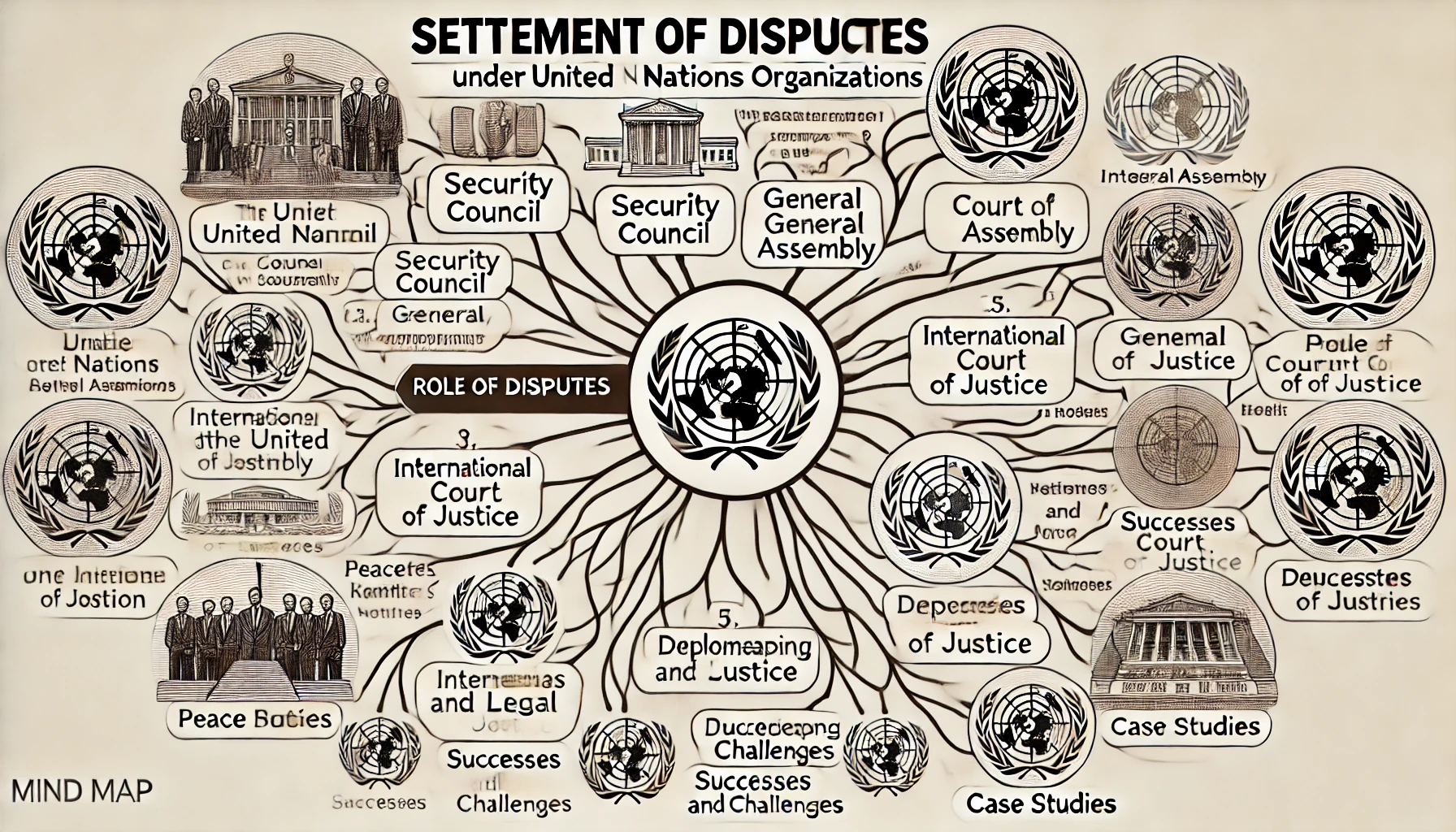
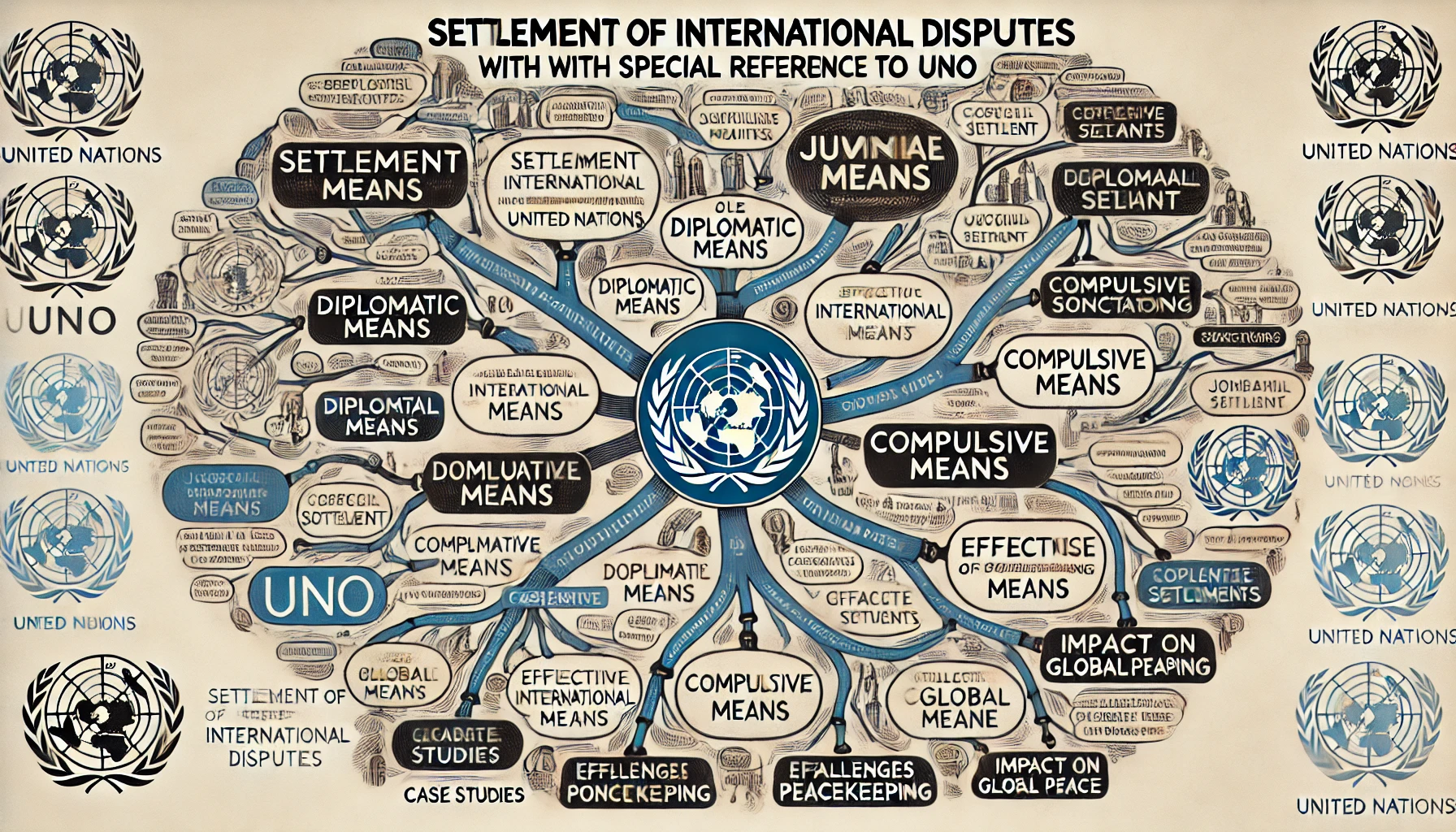
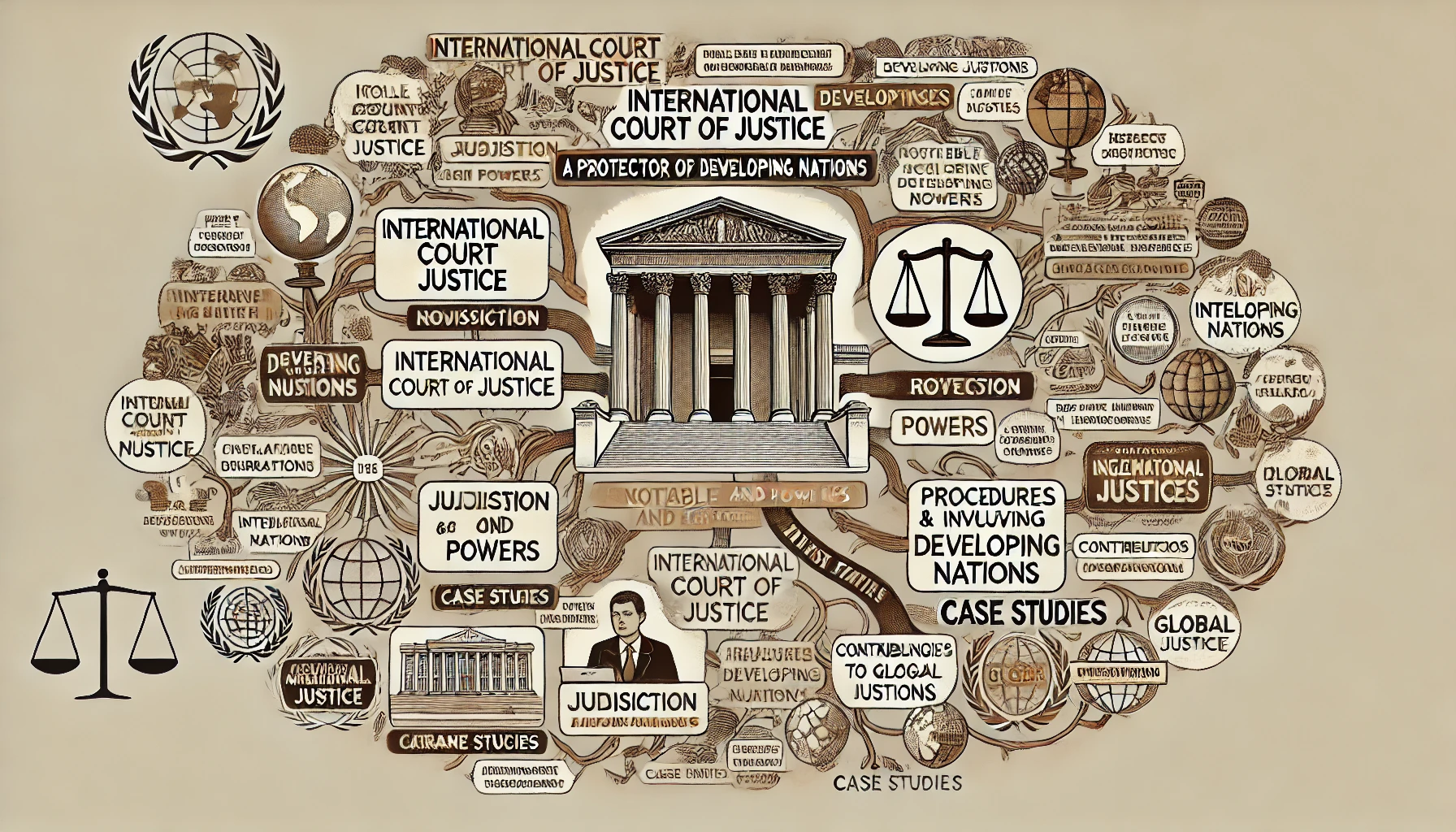
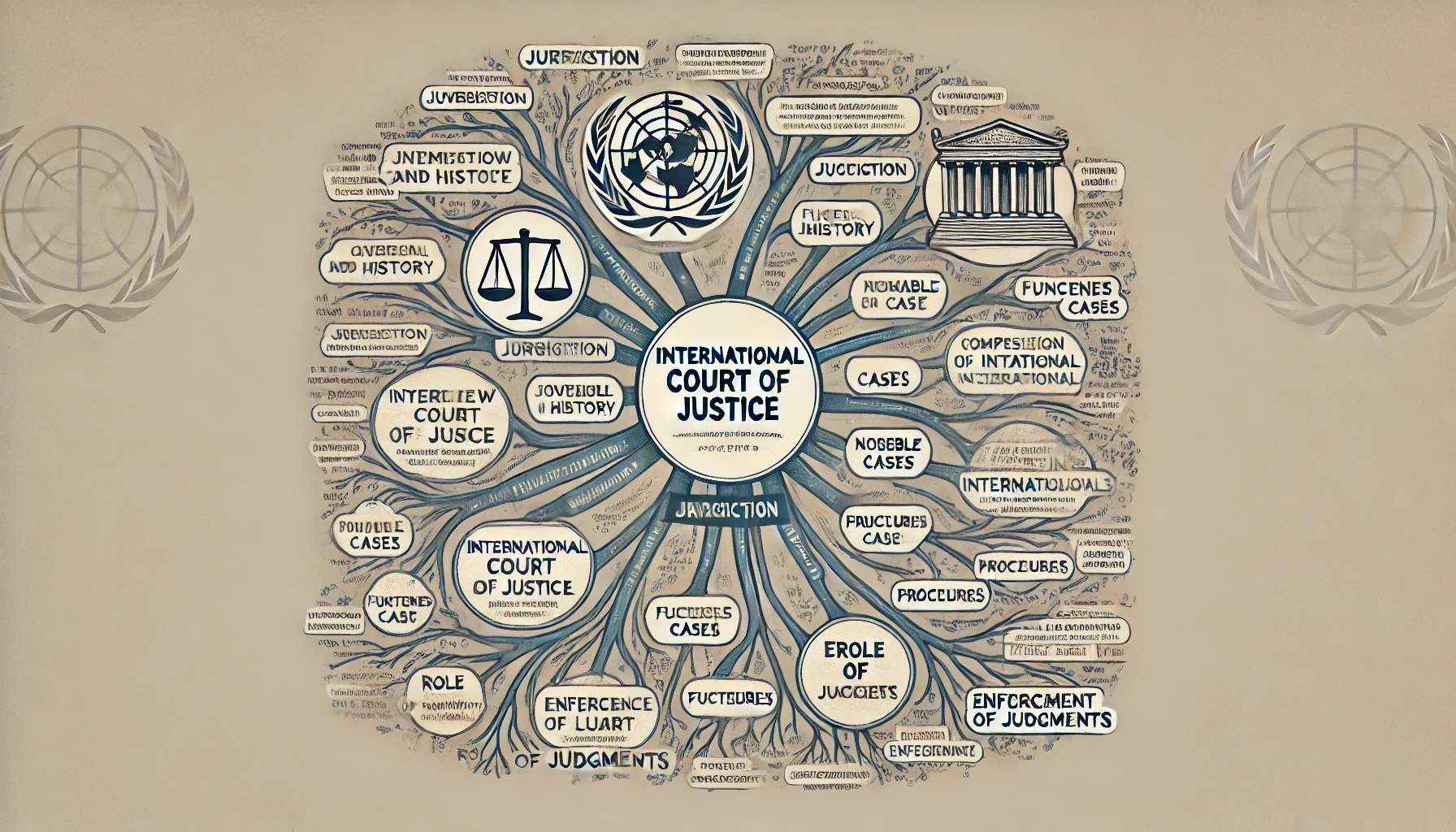
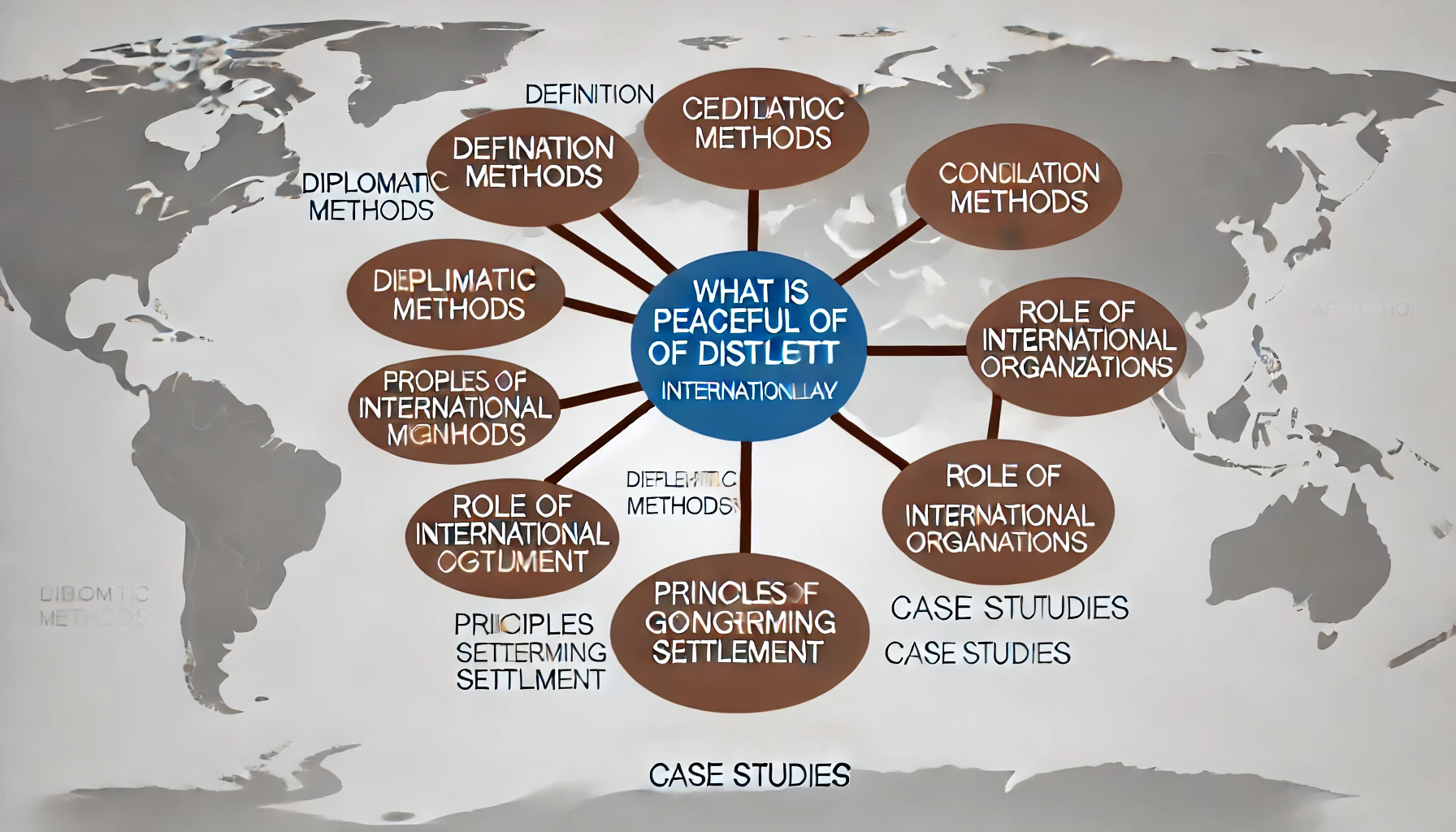

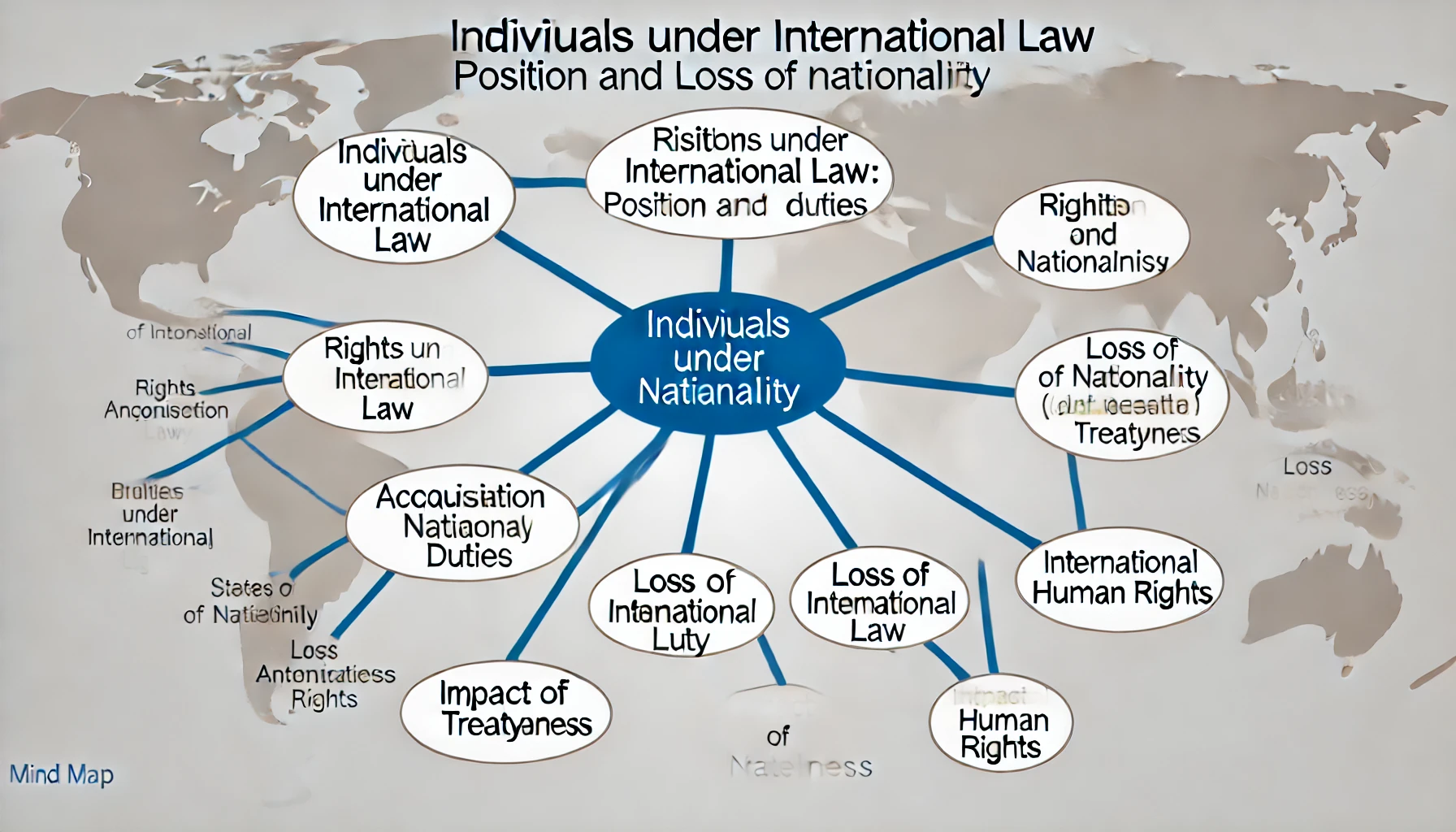
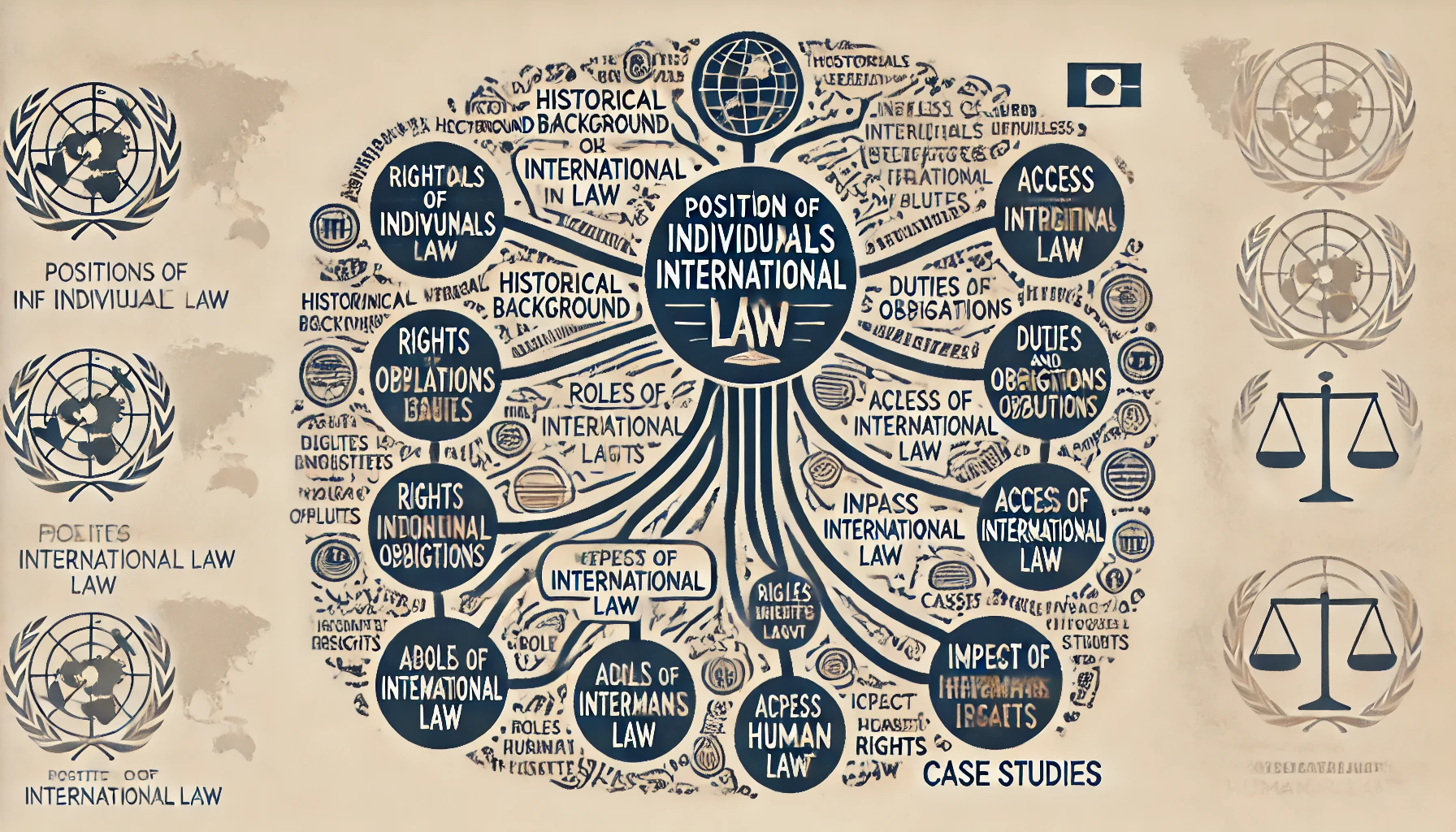
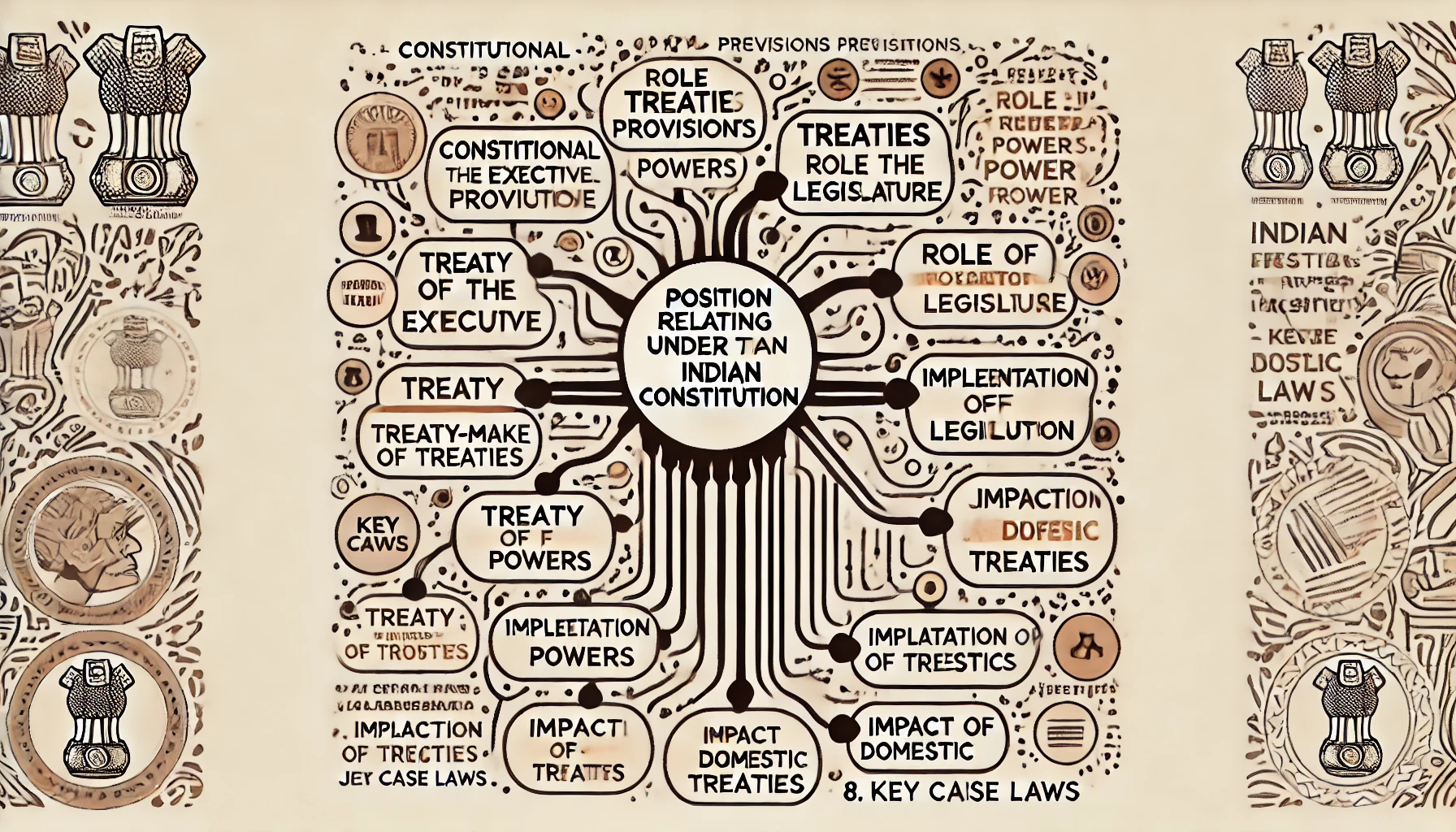

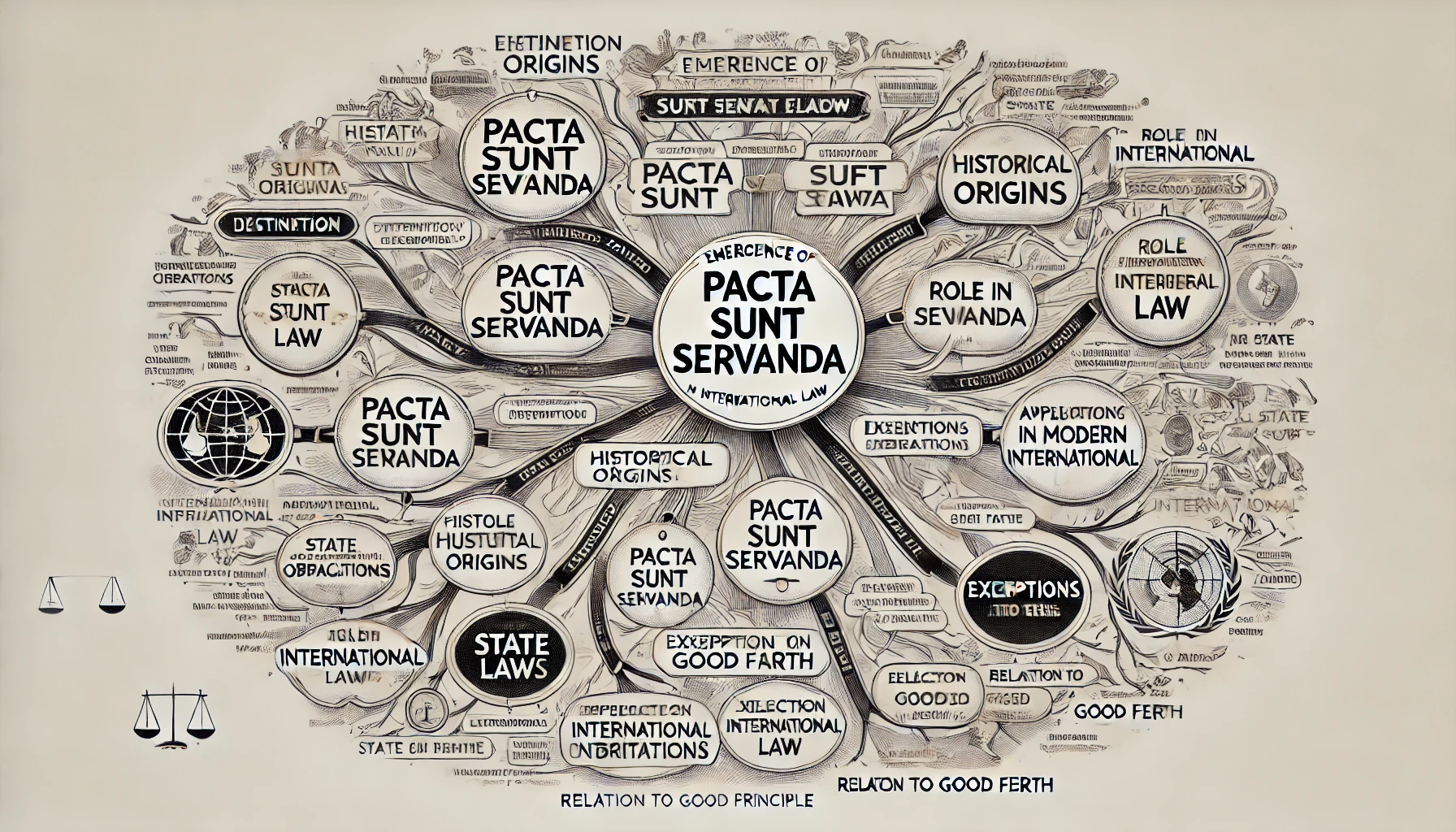
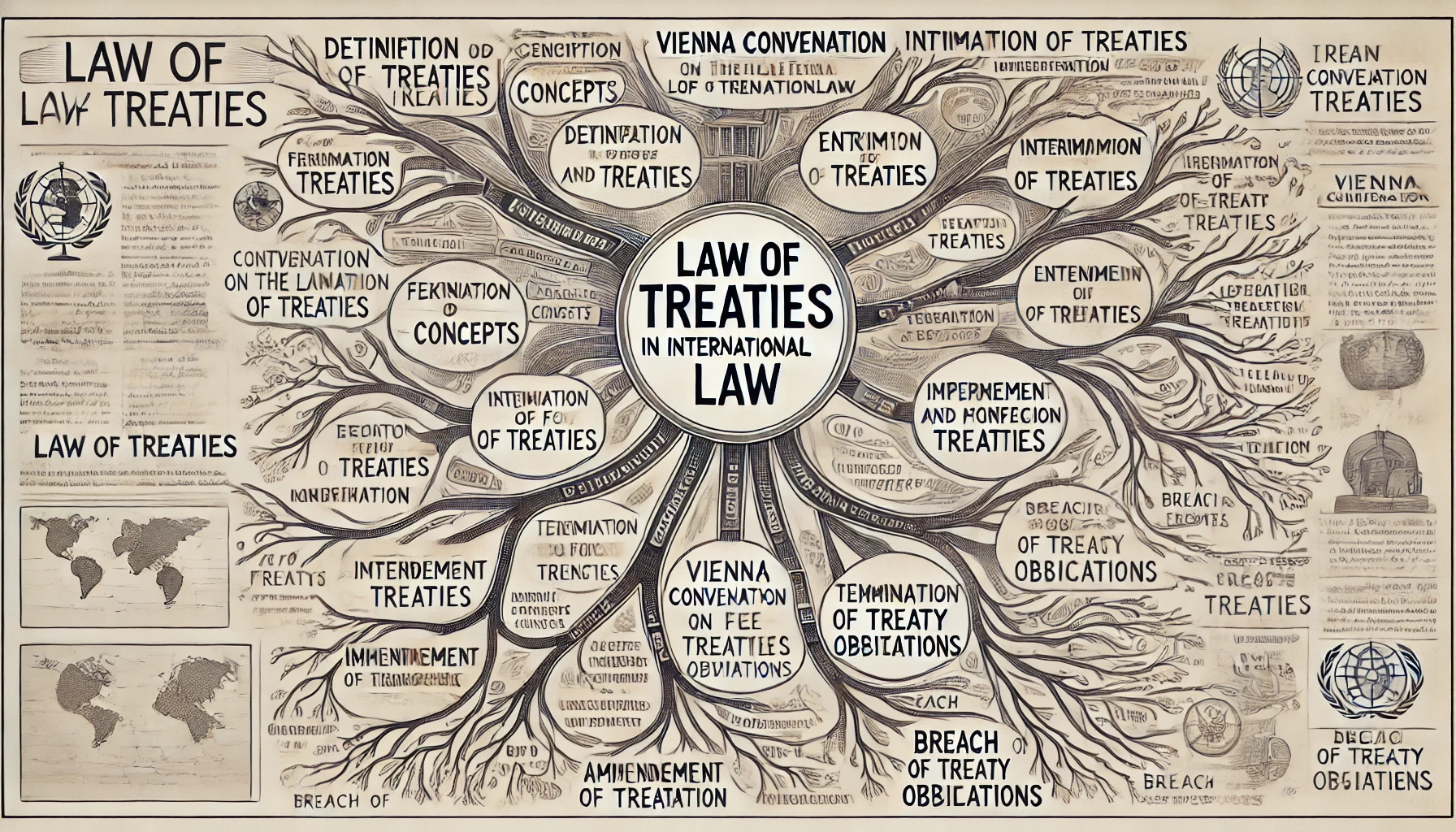
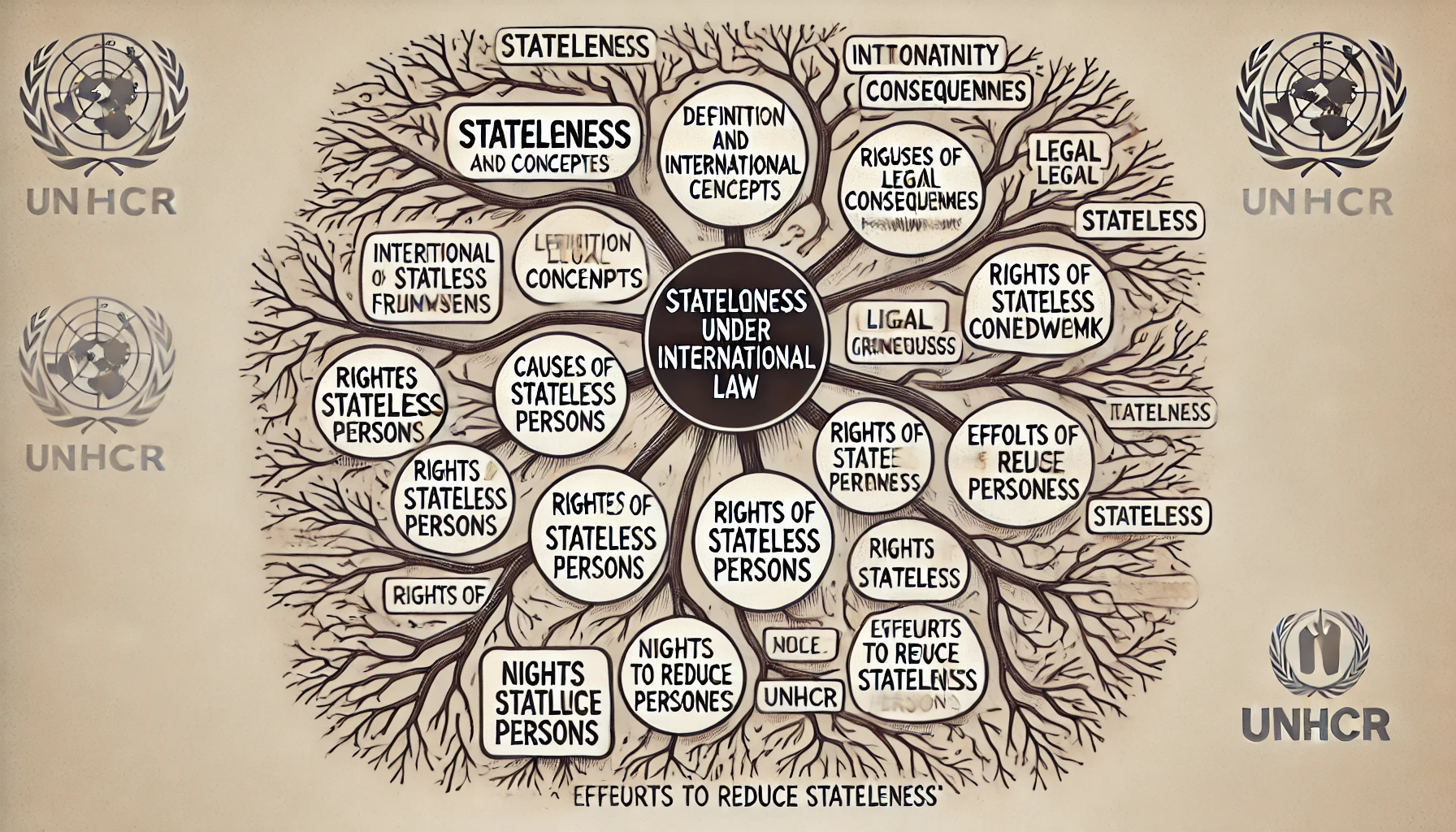
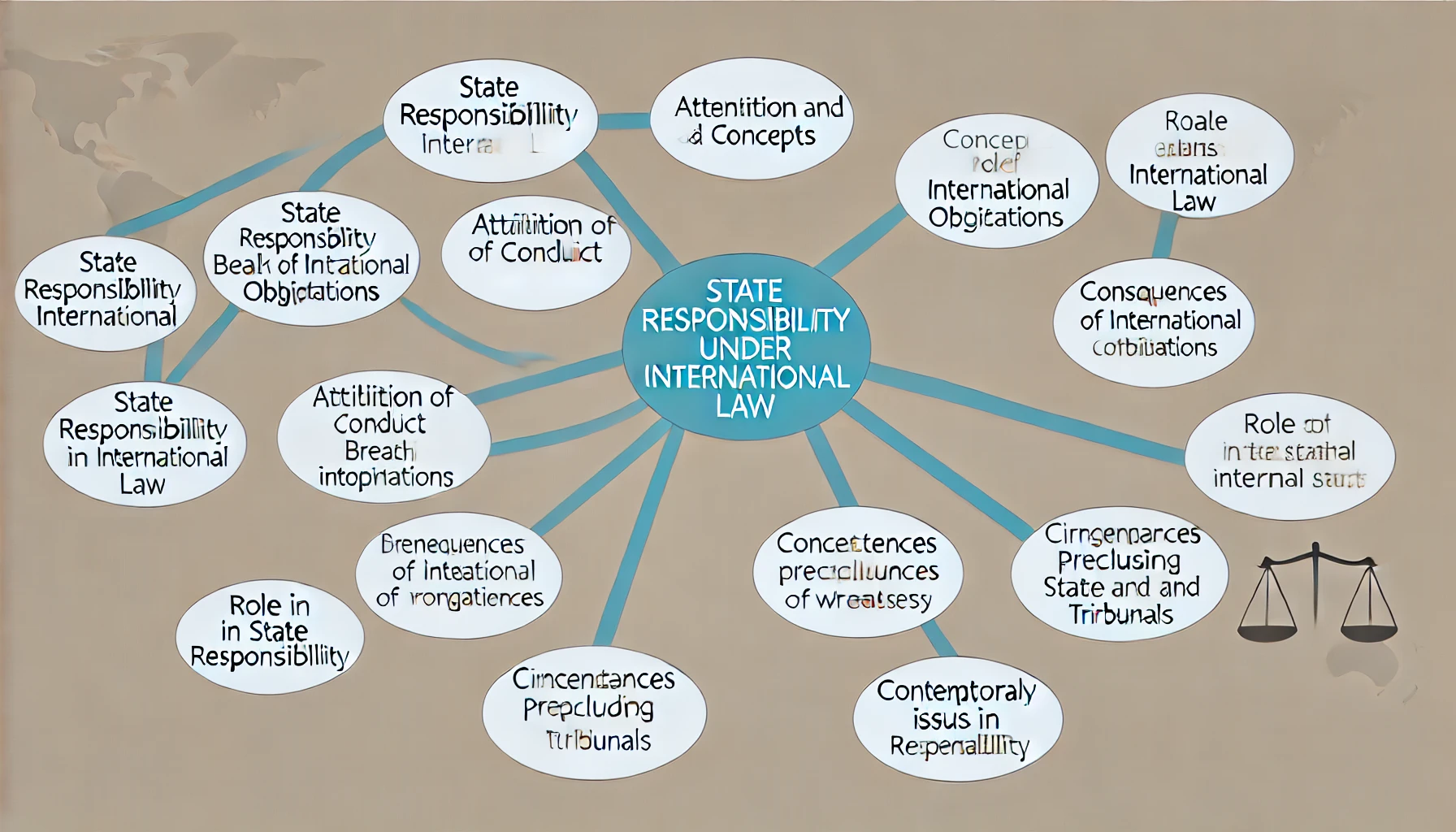
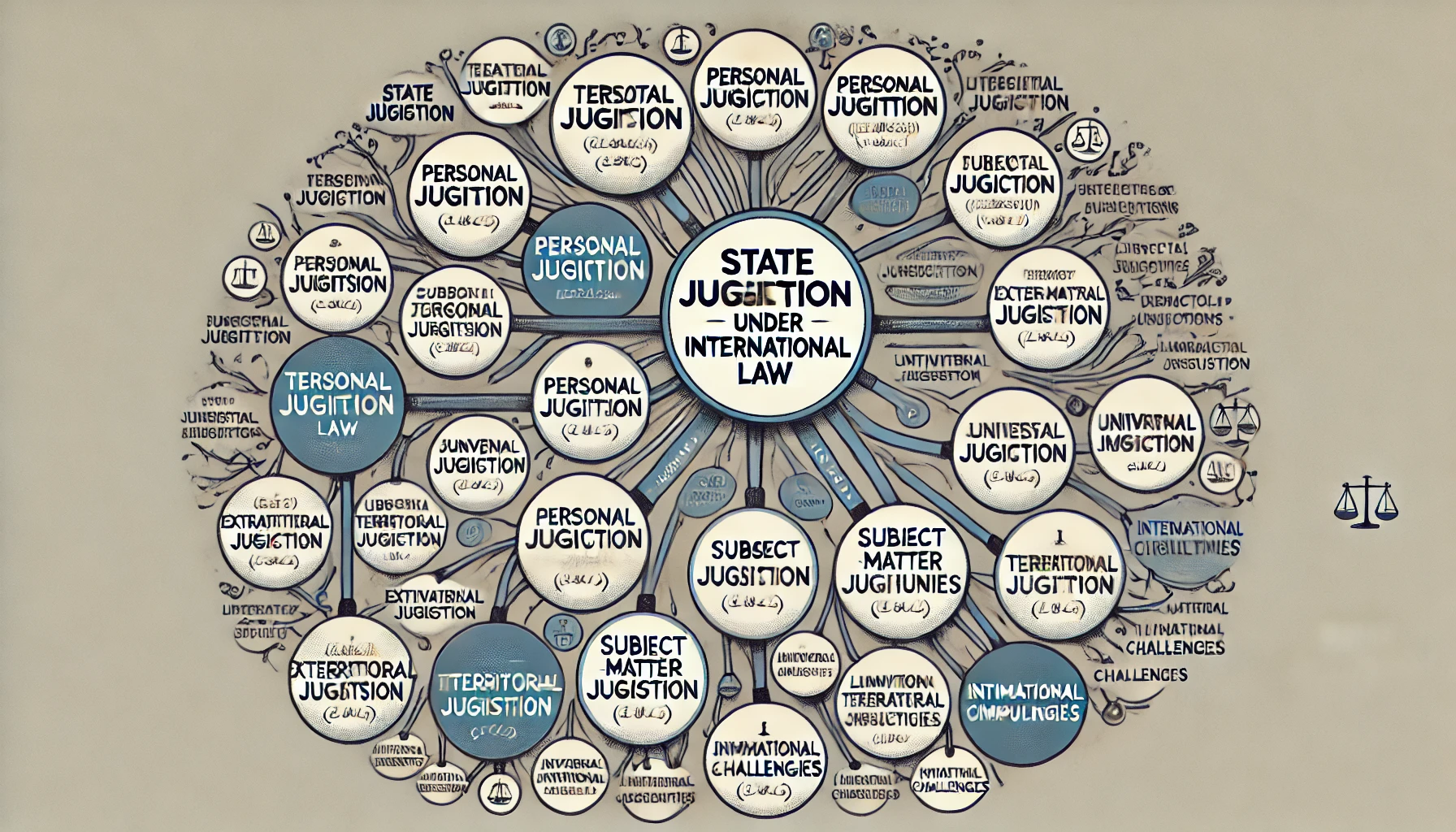
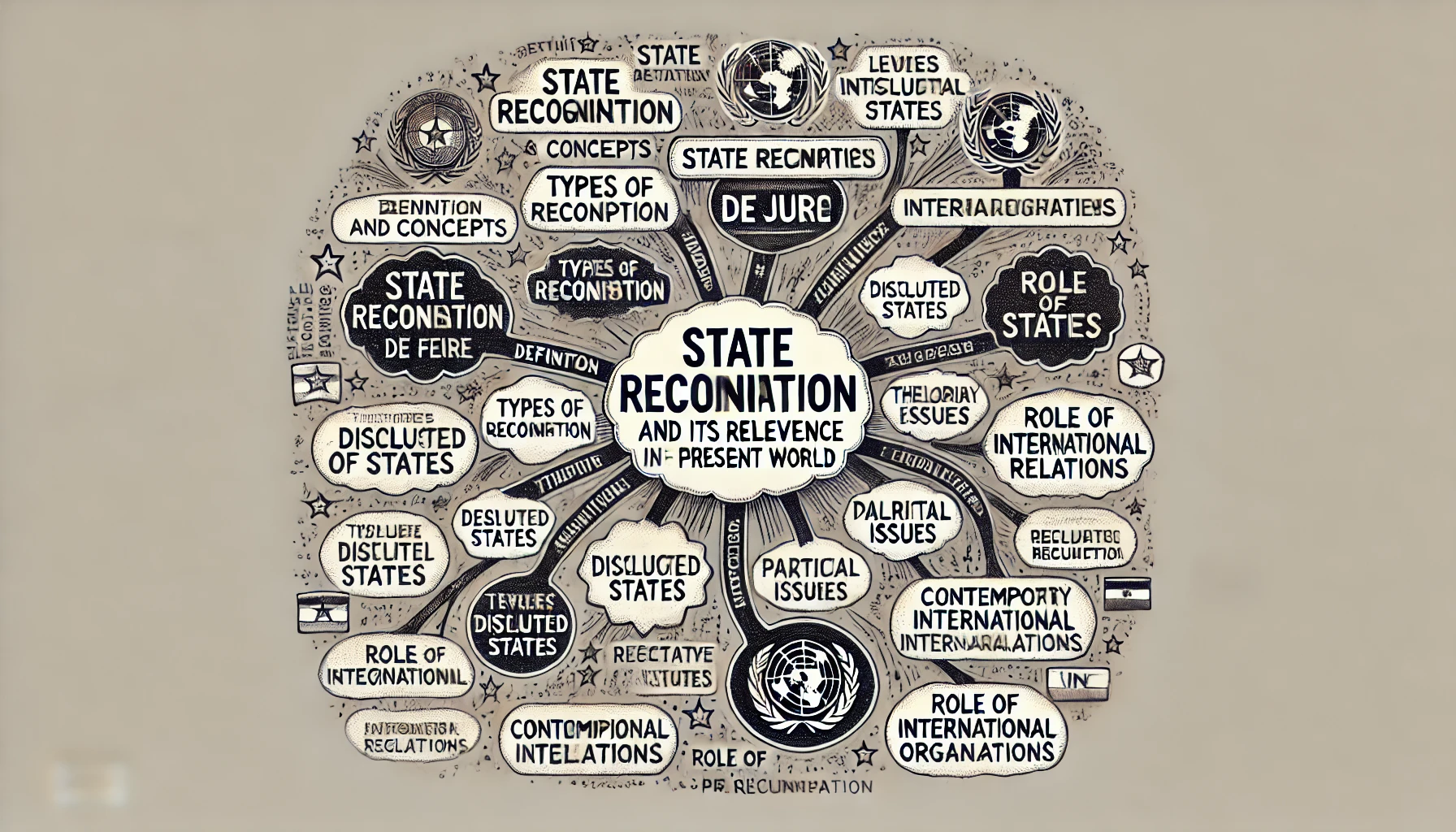
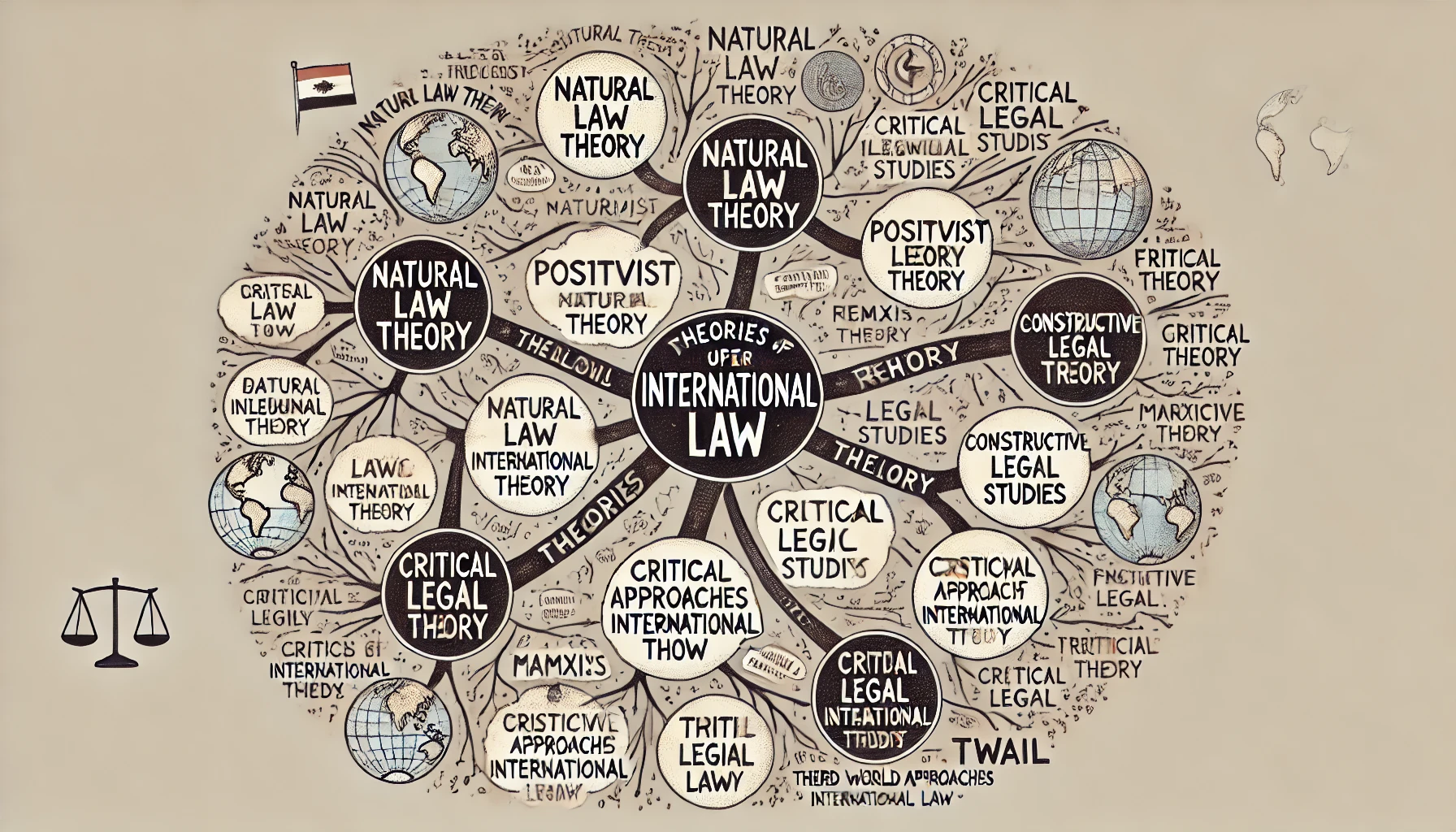
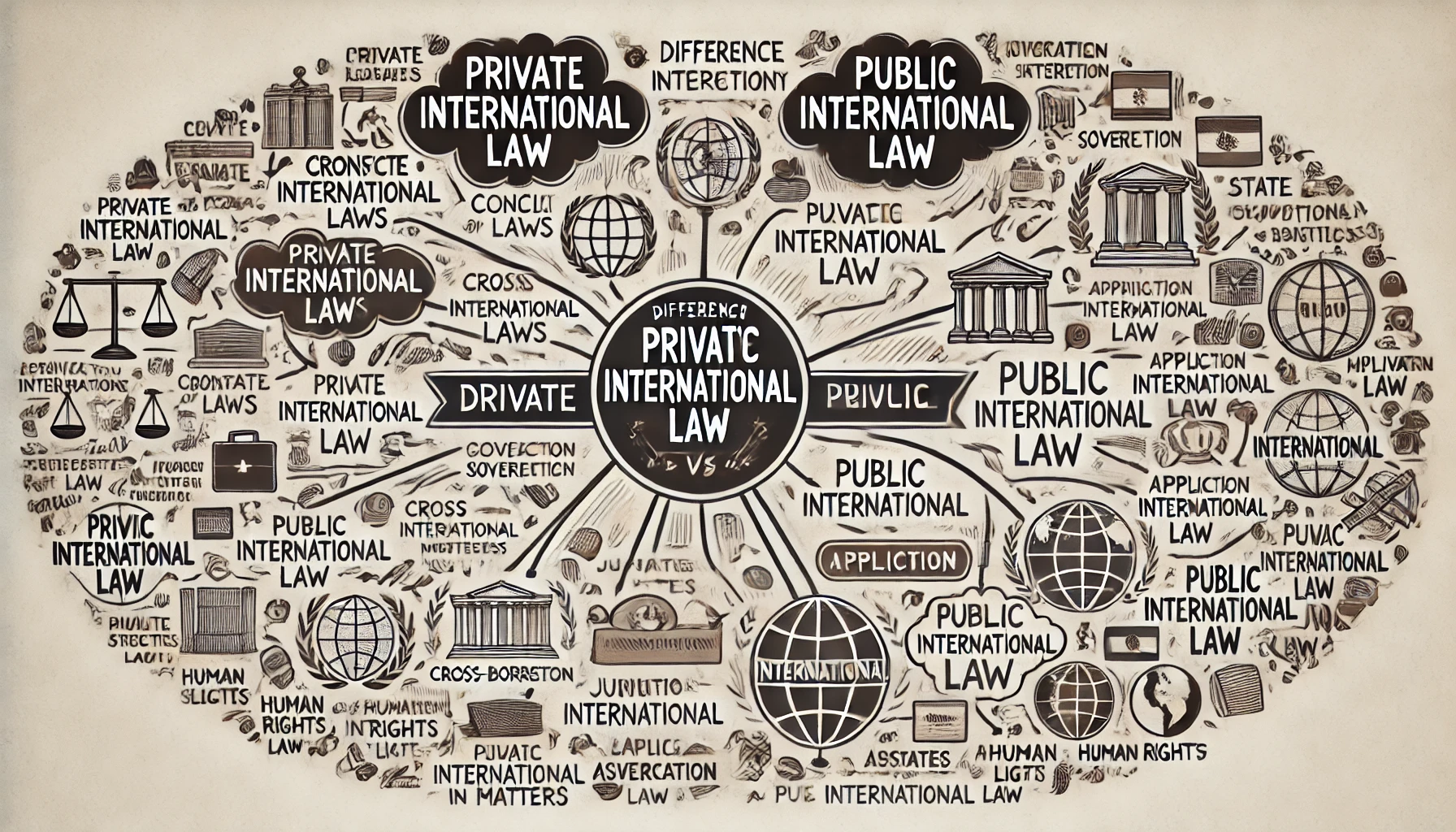
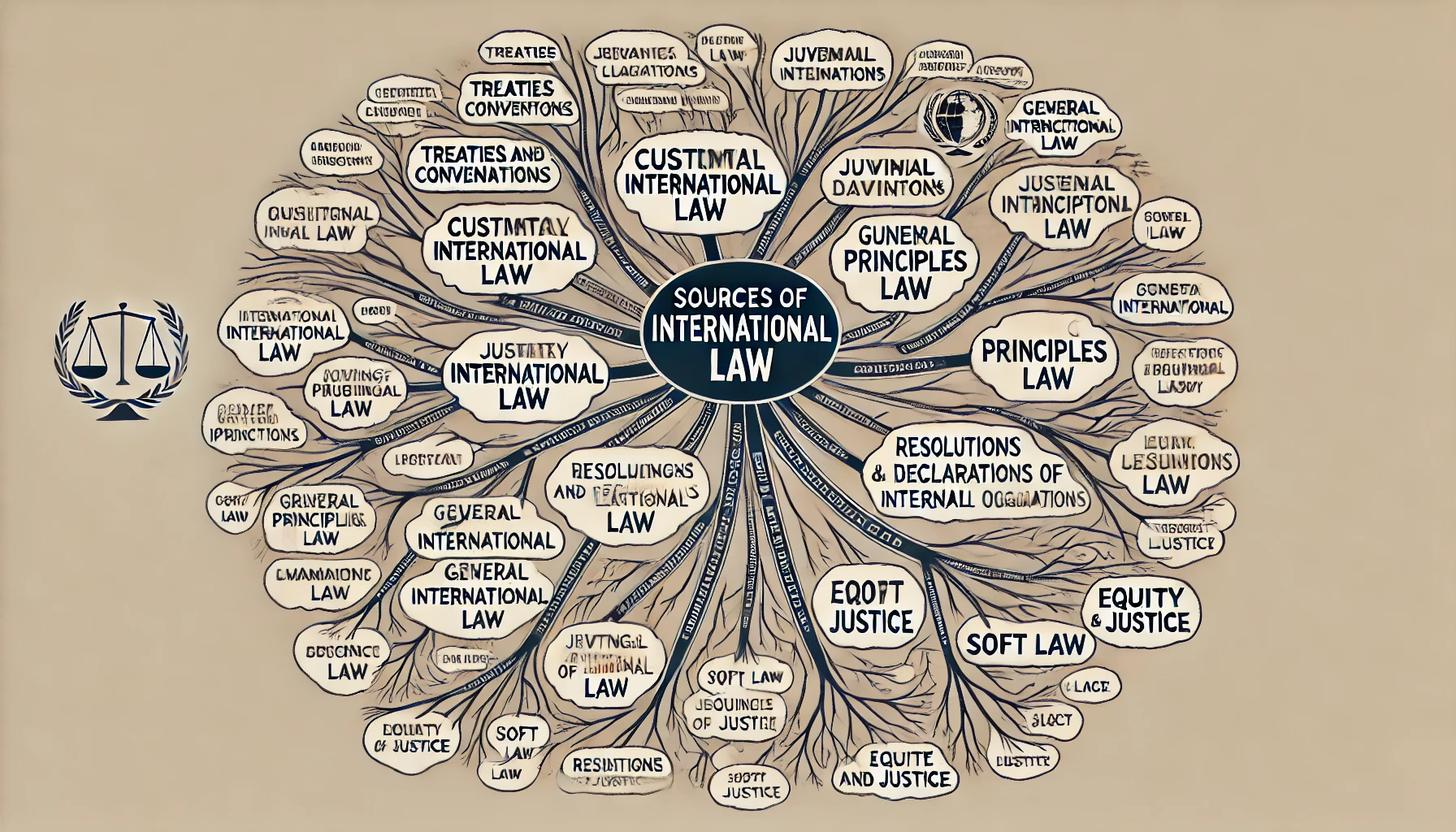
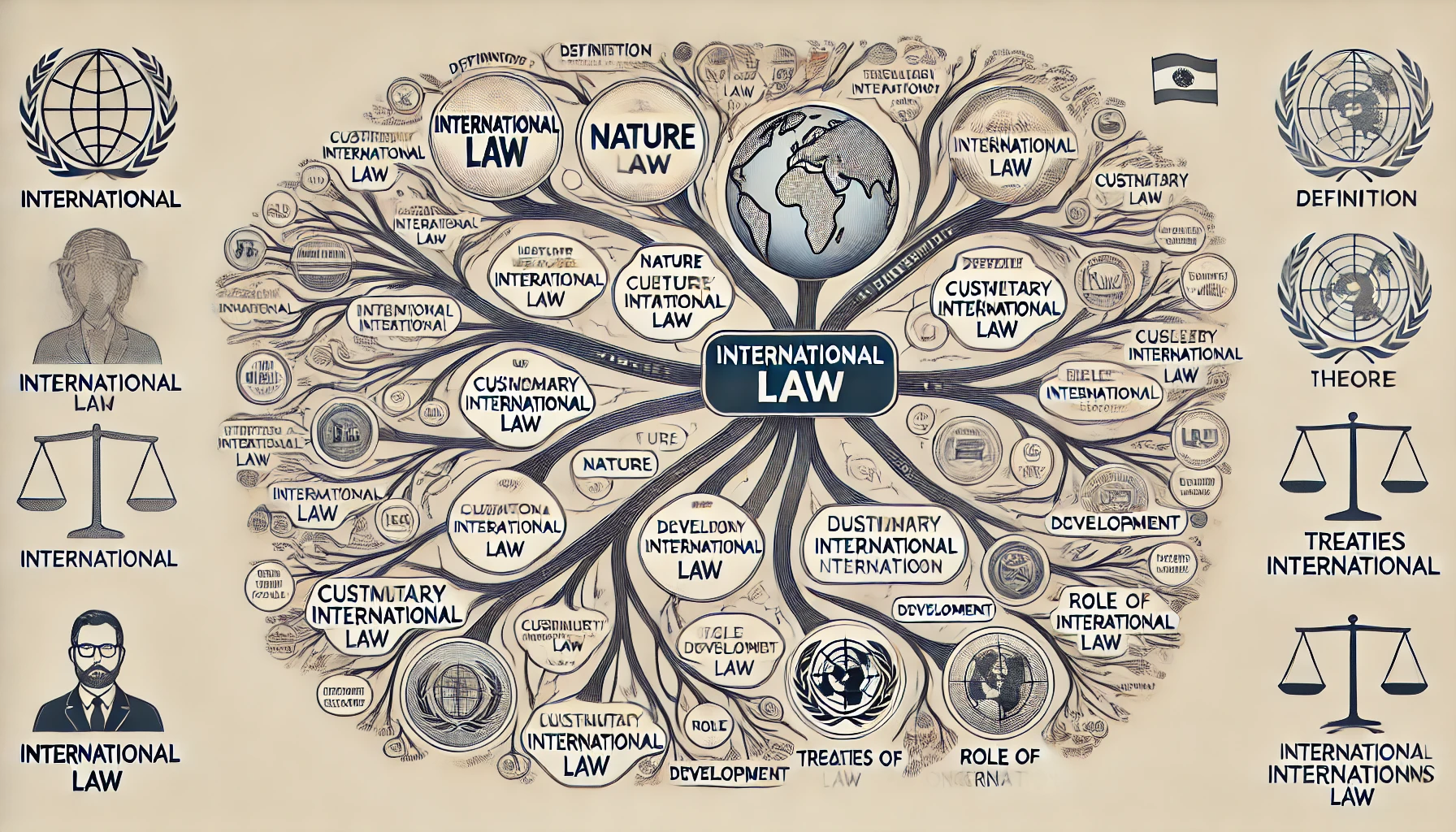
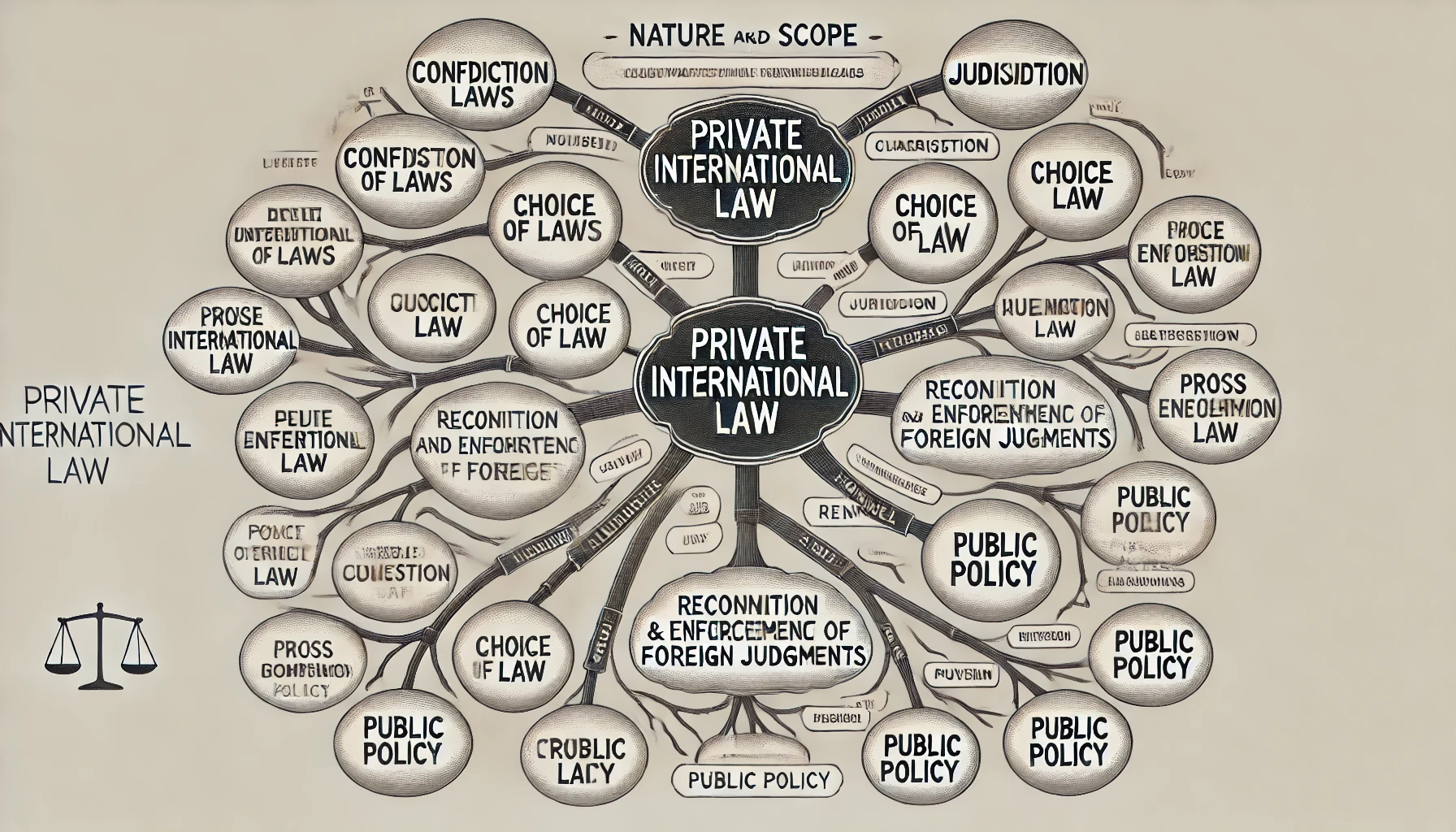


































































































Comment
Nothing for now